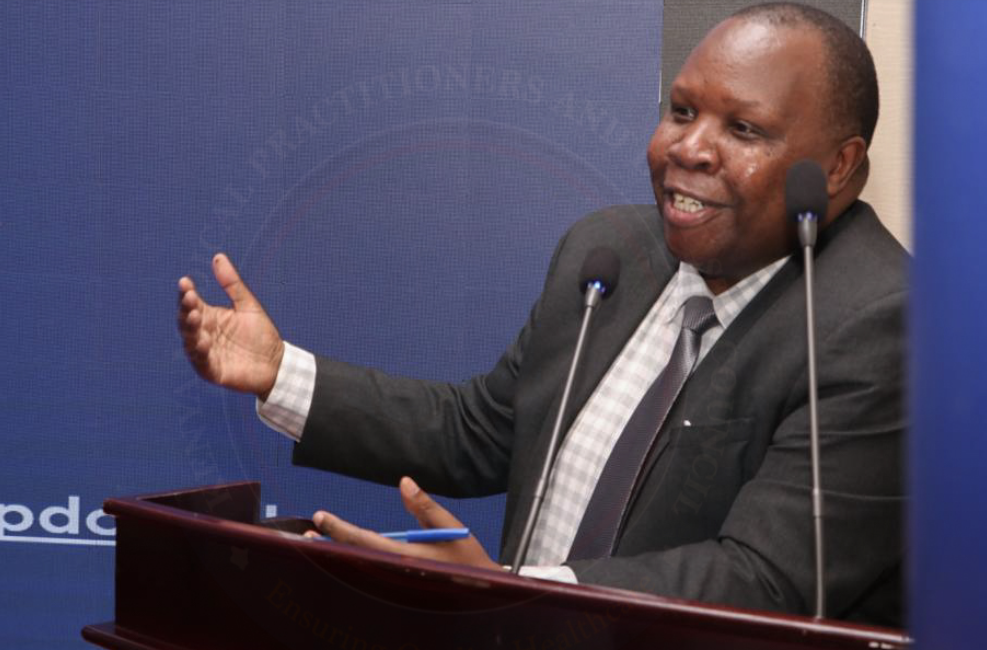

A total of 511 private health facilities across Mandera, Nairobi, and Wajir counties have been shut down following a sweeping inspection by the regulatory body.
The crackdown Kenya Medical Practitioners and Dentists Council (KMPDC) also saw 267 facilities downgraded and 31 individuals arrested in connection with violations ranging from operating without licenses to employing unregistered medical personnel.
In a statement signed by KMPDC CEO Dr. David Kariuki, the council cited multiple reasons for the closures, including lack of basic infrastructure, poor sanitation, and failure to meet minimum operational standards.
“Most of the closed facilities lacked sufficient infrastructure such as space for essential departments like pharmacy, maternity, and laboratory,” Kariuki noted.
“Poor environmental conditions, including inadequate water supply and waste disposal systems, were also observed.”
The council emphasised the serious risks posed by unqualified personnel operating in these facilities.
“Some facilities had unregistered medical personnel working, which poses a serious risk to patient safety and undermines the credibility of healthcare services,” the statement read. “Additionally, some were found to be operating without valid licenses.”
Health facilities that were downgraded failed to provide the full scope of services for which they were originally licensed.
These gaps included missing or nonfunctional medical equipment, insufficient medical supplies, and a shortage of essential healthcare professionals such as doctors, clinical officers, nurses, and pharmacists.
“These deficiencies rendered them incapable of safely or effectively delivering services expected at their designated level,” Kariuki explained.
The nationwide inspection is still ongoing, and KMPDC has urged all health facilities to cooperate fully.
The council warned that any facility not open during its expected hours of operation will be deemed inactive and subsequently removed from the official register.
The inspection exercise is being carried out in consultation with the Health Cabinet Secretary, Aden Duale, as part of KMPDC’s mandate to ensure quality and safety in Kenya’s healthcare system.










